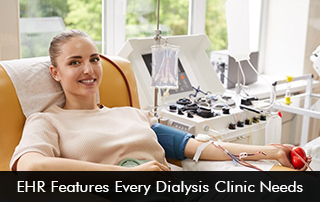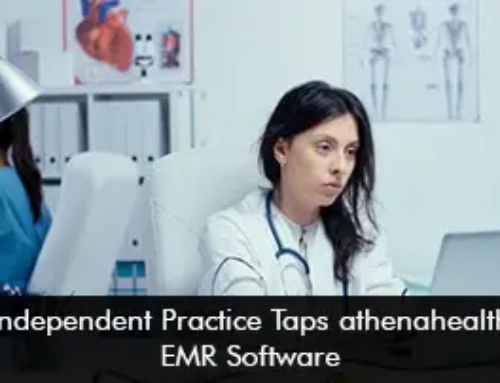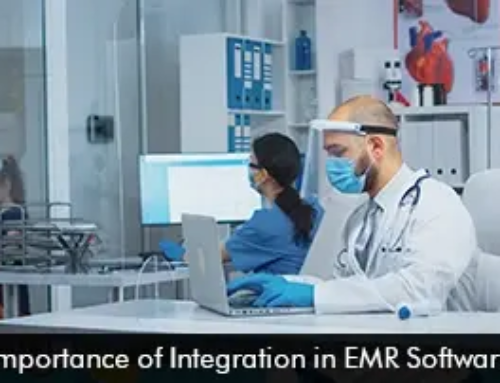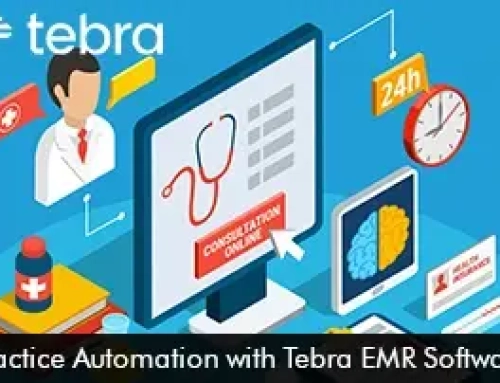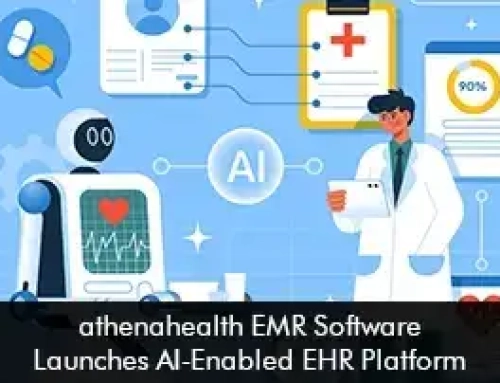Electronic Medical Records (EMR) Software and Electronic Health Records (EHR) Software have become indispensable tools for healthcare providers across all specialties. For dialysis clinics, where the precision of care is critical, the right EHR software can streamline processes, improve patient outcomes, and enhance operational efficiency. The importance of EHR software in managing patient care, maintaining compliance, and facilitating communication cannot be overstated. As regulations tighten and patient expectations rise, dialysis clinics need to adopt cutting-edge technology to stay ahead.
Below, we delve into the essential EHR features every dialysis clinic needs, and we’ll conclude with a list of the top five EMR software solutions recommended.
-
Seamless Patient Data Management
One of the core functions of any EHR or EMR software is managing patient data efficiently. Dialysis clinics, in particular, require specialized features to handle the unique needs of their patients.
-
Comprehensive Patient Profiles:
Track detailed medical histories, dialysis schedules, lab results, and allergies.
-
Customizable Dashboards:
Offer at-a-glance views of patients’ vitals, fluid levels, and treatment history.
-
Interoperability
Ensure data can be shared seamlessly with other healthcare providers and hospitals.
-
Dialysis-Specific Documentation
Standard EHR software might not meet the specialized needs of dialysis clinics. You need features tailored to your practice.
-
Dialysis Treatment Templates:
Pre-configured forms for documenting dialysis sessions save time and improve accuracy.
-
Machine Data Integration:
Automatically upload data from dialysis machines into the patient’s record.
-
Real-Time Monitoring:
Track key metrics like blood pressure, heart rate, and blood urea nitrogen (BUN) levels during treatments.
-
Regulatory Compliance Tools
Compliance with healthcare regulations such as HIPAA and Medicare’s Conditions for Coverage (CfC) is critical for dialysis clinics.
-
Automated Reporting:
Generate reports for quality improvement programs and government audits.
-
Data Security Features:
Role-based access, data encryption, and secure communication channels to protect patient information.
-
Billing and Coding Support:
Ensure accuracy in claims submission with dialysis-specific ICD-10 codes.
Lab testing is central to dialysis care, and your EHR should make this process seamless.
-
Built-In Lab Ordering:
Simplify the process of ordering lab tests directly through the software.
-
Result Tracking:
Automatically update patient records with lab results in real time.
-
Alerts for Abnormal Results:
Notify clinicians of values that require immediate attention.
-
Scheduling and Workflow Optimization
Dialysis clinics run on tight schedules, often managing multiple patients at once. Efficient scheduling features are vital.
- Automated Scheduling: Optimize chair and staff assignments to minimize patient wait times.
- Appointment Reminders: Reduce no-shows with automated text or email notifications.
- Treatment Cycle Management: Keep track of recurring appointments and reschedule missed sessions.
-
Patient Engagement Tools
Empowering patients to participate in their care improves outcomes and satisfaction.
-
Patient Portals:
Allow patients to access their medical records, treatment schedules, and test results online.
-
Mobile Accessibility:
Enable patients to use a mobile app to check appointments or message providers.
-
Educational Resources:
Share articles, videos, and guides about dialysis care.
-
Analytics and Reporting
Data-driven decision-making is essential in today’s healthcare environment.
-
Custom Reports:
Generate reports on clinic performance, patient outcomes, and staff productivity.
-
Predictive Analytics:
Identify trends in patient data to anticipate complications or improve care plans.
-
Benchmarking:
Compare your clinic’s performance with national or regional standards.
Top 5 EMR Software for Dialysis Clinics
If considering implementing or upgrading EHR software, here are five top solutions recommended by physicians and hospitals.
-
Epic Systems
Epic is a leading EHR software renowned for its versatility and scalability. It offers customizable templates, patient engagement tools, and robust analytics. Dialysis clinics benefit from its interoperability features and seamless integration with lab systems and dialysis machines. Its mobile app, MyChart, enhances patient-provider communication.
-
Cerner Millennium
Cerner Millennium is another top-tier EHR solution trusted by dialysis providers. Its strengths lie in real-time data sharing and advanced analytics. Cerner’s integrated lab management system and streamlined billing tools make it a great fit for specialized clinics.
-
Acumen 2.0
Designed specifically for nephrology practices, Acumen 2.0 is tailored to the needs of dialysis clinics. It features dialysis-specific templates, advanced reporting tools, and direct integration with Fresenius’ dialysis machines. The software also ensures compliance with nephrology-specific regulations.
-
Athenahealth
Athenahealth offers a cloud-based EHR system known for its user-friendly interface and robust patient engagement tools. It supports customizable workflows, comprehensive reporting, and efficient scheduling. Its interoperability ensures that dialysis clinics can easily share data with other providers.
-
NextGen Healthcare
NextGen Healthcare provides an intuitive EHR platform with powerful analytics and reporting capabilities. It offers features like integrated lab ordering, patient portals, and treatment templates specific to dialysis care. Its strong focus on compliance makes it a reliable choice for U.S.-based clinics.
For dialysis clinics, adopting the right EHR or EMR software is no longer optional; it’s a necessity. These tools enhance efficiency, improve patient outcomes, and help clinics stay compliant with ever-evolving healthcare regulations. By prioritizing features like dialysis-specific templates, lab integration, and patient engagement tools, clinics can ensure they’re delivering the highest standard of care. When choosing an EHR solution, consider top providers like Epic, Cerner, and Fresenius to meet the unique demands of your practice.


